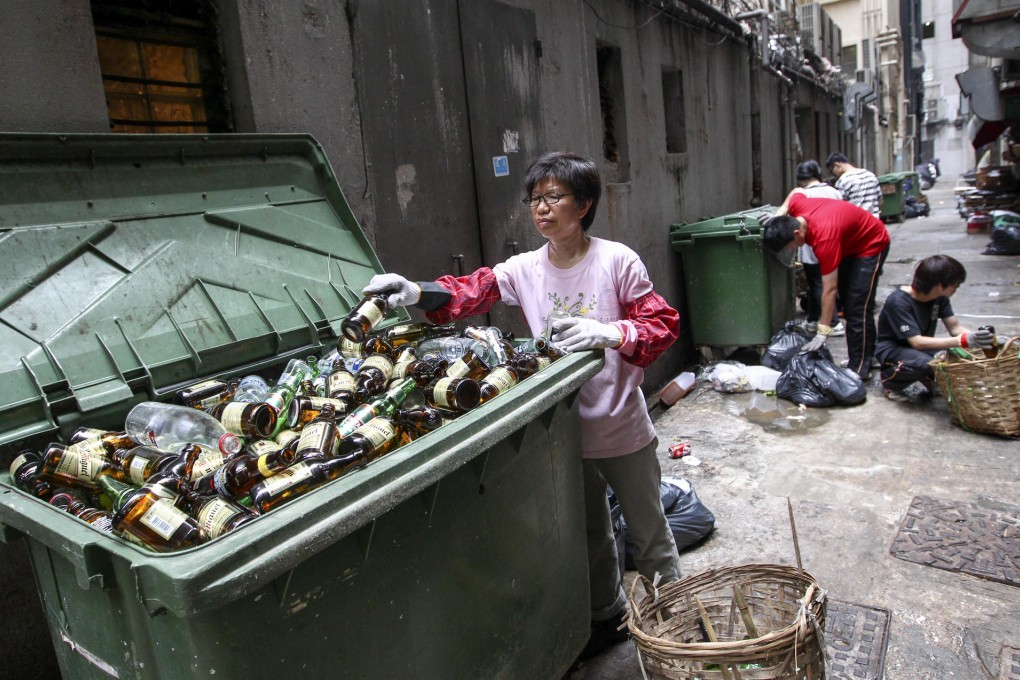
Mok Sze-lam makes a good suggestion in the letter, "McDonald's wastes so much paper" (June 17), calling for the fast food giant to have reusable utensils.
It has already trimmed back on its use of styrofoam by using paper wrapping. At least this is a step towards creating a greener world.
I also like the idea of coffee shops which give you a discount if you bring your own mug.
Actually, many places serving food use paper bags or plates instead of the plastic variety. However, the problem with stores supplying too many paper bags is that a lot more trees are felled and obviously we want to save forests.
Many years ago, Hongkongers used to bring their own pots with them from home when they were purchasing takeaway food.
I realise this may seem a bit old-fashioned, like something from another era, and people may laugh at it in this day and age. I do not see any reason not to revive this practice, given that we have an environment that is deteriorating.